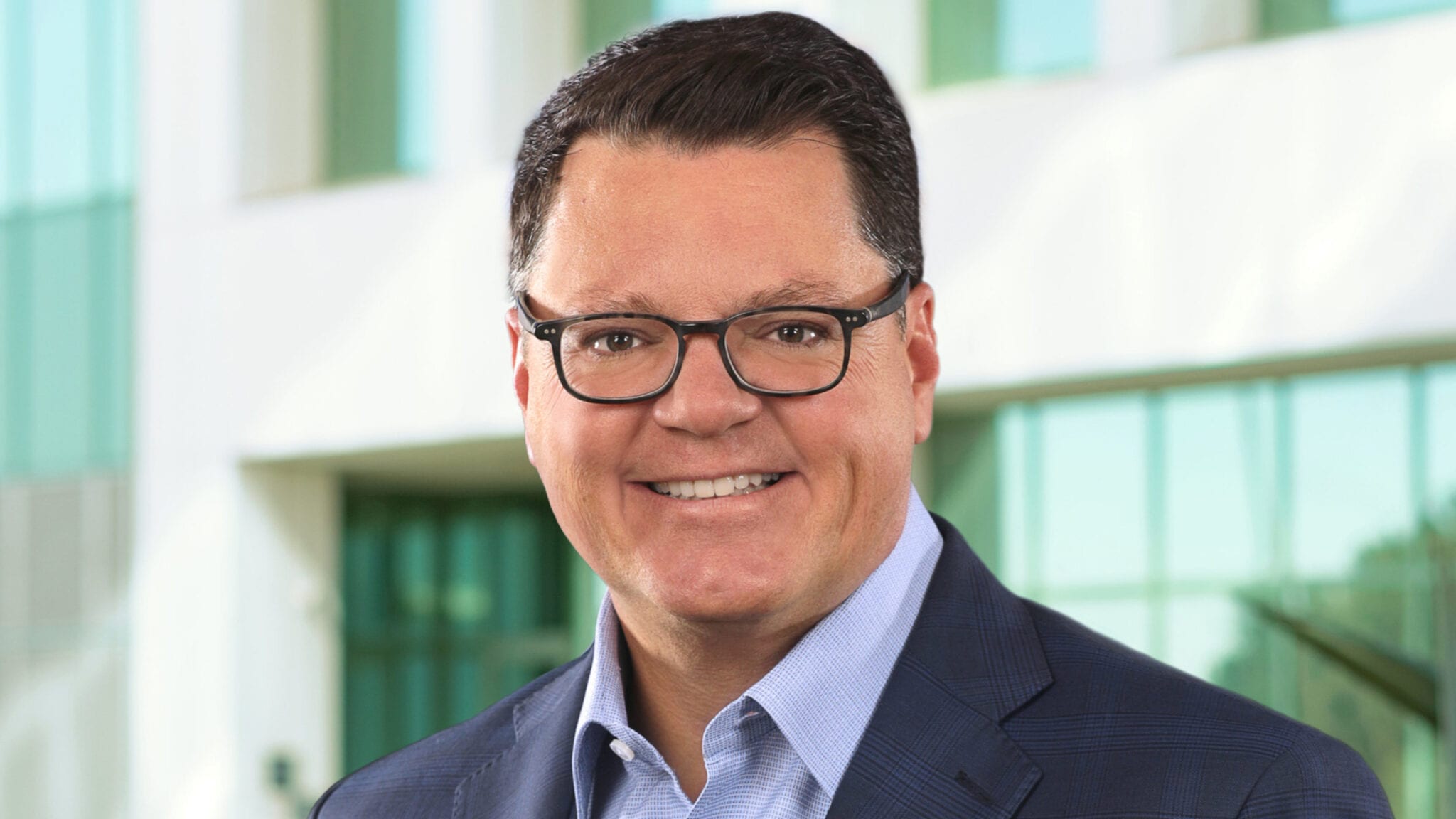
David Marek, Myovant
Myovant beefs up data package in NDA #3, boosting its case for longterm dosing of Pfizer-partnered relugolix
When Pfizer handed over $650 million in cash to partner on Myovant’s relugolix, the pharma giant made clear that the deal — valued at …
Sign up to read this article for free.
Get free access to a limited number of articles, plus choose newsletters to get straight to your inbox.